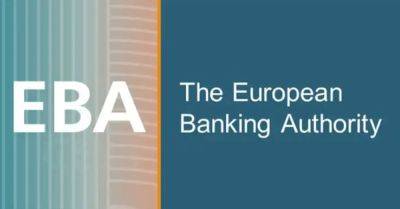Why brand consistency matters and how Web3 companies are failing to deliver
Michelle Yeoh has stiff competition for her deserved Oscar as the multiverse-hopping Evelyn in one of last year’s hottest movies. Web3 firms are also creating an “everything bagel multiverse,” attempting to be all things to all people, all the time. But, the reality is that we humans have simpler tastes.
Humans have developed the intelligence to hold onto many facts at the same time, even when some of those facts can appear to conflict with one another. However, as much as we love to consider ourselves rational, fact-based creatures, we tend to respond more to our own base needs than cold, hard facts. Gallup research shows that up to 70% of variance in consumer engagement is driven by emotional rather than rational factors.
However, our emotional psychology also works differently than when processing facts. Humans are far more effective in handling our sentiments when we experience them in a way that’s comprehensible and digestible. If we describe something as an “emotional rollercoaster,” it’s because it’s a short-lived exception to our relatively stable norms.
Companies that excel at branding understand this need for consistency and stability and know how to leverage it for maximum effect. Even the greenest startup founders know that most well-used branding practices are rooted in the principles of psychology.
Yet, even the most experienced companies in the Web3 space still frequently fail to leverage the real value of this knowledge. There’s a difference between understanding how to use branding and marketing messages to invoke a particular response and doing it in a way that’s coherent and consistent enough to leave a lasting impact.
Consistency is key to branding. Or more specifically, a lack of consistency is what
Read more on cointelegraph.com






















